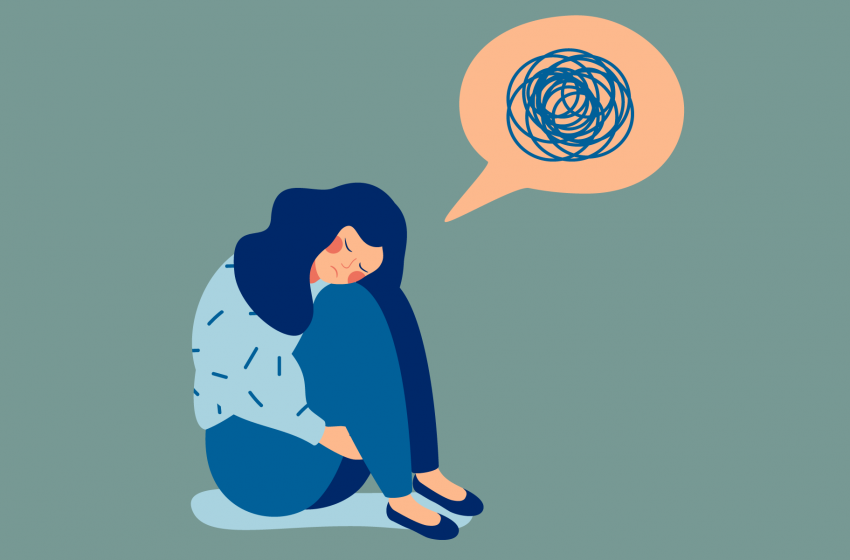How to manage your anxiety

Pratibha Malhotra
Clinically, generalised anxiety can be defined as excessive worry or apprehensive expectation about a number of events or activities that an individual finds difficult to control. For someone living with chronic anxiety, it can be quite challenging to perform daily tasks, which then deteriorates their functioning in personal, social, and occupational space. Seeking professional help in terms of therapy and medication can help an individual overcome these challenges, and live a more functional life. Here we will be discussing a few small yet effective tips that can be used to manage anxiety:
Breathing exercises
A very common physiological response to anxiety is hyperventilation (rapid breathing). Regulation of breath can help interrupt and slow down the anxiety response. It works as a relaxation and grounding exercise. You can practice something as simple as conscious deep breathing for a couple of minutes or ‘4-7-8’ breathing (inhale while counting till 4, hold your breath as you count from 5 to 7 and exhale at 8). Meditation can prove useful too.
Mindfulness
Just like anxiety impacts your breathing, it also impacts other physiological aspects of your body. For instance, anxious people often clench their jaws or muscles, have furrowed brows, experience numbness or tingling in hands and feet. Being aware of how your body is responding to anxiety evoking thoughts can also help you in countering this response with more adaptive ones to bring in a state of calm. When you notice yourself clenching, try to consciously relax your muscles. Rhythmic tightening and releasing of different muscle groups can also be helpful to release tension from the body. Another exercise that can be practiced is to shift the focus to your senses: 5 things that you can see, 4 things than you can touch, 3 things that you can hear, 2 things that you can smell and 1 thing that you can taste.
Disrupting negative train of thought
When anxiety strikes, our mind often begins to perceive the environment around us in a threatening way. This only provokes the anxiety further. Our thinking becomes confused and scattered which makes it difficult to analyse the situation from various perspectives or to engage in logical thinking. What can prove to be helpful here is disturbing this growing train of negative thought. Journaling can be useful here. Certain prompts that can be used while journaling may include: list down your emotions; 5 things that made you feel peaceful today; the highlight of your day; etc.
Ensure you take care of your mind and body alike. Engage in self-care activities to ease daily stress; consuming nutritious, well balanced meals; regular exercise or engagement in a physical activity; regular bed time routine (a minimum 7 hours of continuous sleep at night); avoidance of nicotine, alcohol, and drugs can also play a significant role in managing your anxiety.
The author is a psychologist


